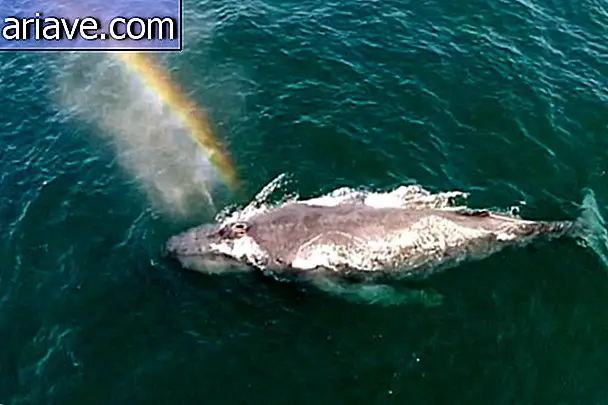Challenge VS. 2019: Are people aging more slowly?
After the 2009 VS Challenge. 2019 can be surprised how some people seem to have been preserved in formaldehyde. It posts two images of yourself on a social network, one current photo and one taken ten years ago. Of course, this challenge may not be so satisfying for those unfortunates who have not aged very well in that time. Faced with this joke, an important question arose.
Why can some keep their youth longer than others?

This is the kind of question that attracts people like Dr. Myriam Gorospe of the National Institute of Aging ( NIA ) and aging expert Daniel Belsky. Columbia University's assistant professor Belsky tries to answer this question with science, and there is no doubt: His research so far shows that some people actually age "less" than others when it comes to biological age. And, it is worth remembering here that we have a chronological age - that counted from birth - and the biological age, referring to our organism.

In a statement to Inverse, Daniel explained that each person has an aging rate - information that is in his PNAS study done in 2015. And, amazingly, some may age the equivalent of two years in 12 months only. 954 participants of 26 years of age were analyzed for a period of twelve years. Biological markers such as cardiovascular health, gum status and total cholesterol, among other factors, served as a parameter for the research.

Those with the most advanced biological age were therefore found to have an older appearance, which was confirmed by comparisons at the end of the analysis - when participants turned 38. Genetics play an important role in this rate of aging, but external factors also have a big influence on this (such as abuse and poor childcare, for example).

Is the whole society getting older less?
We know that depending on each individual's life experience, the biological clock can run faster or slower. However, if we look at it on a larger scale, it seems that society as a whole is experiencing a slower aging phenomenon than ever before. And this is not just an impression. A study published in Demography magazine in 2018 showed that men between the ages of 20 and 39 had a 0.63 lower biological age in 2007 and 2010 than between 1988 and 1994. Similarly, women in this age group were 1.27 biologically younger than before.

Daniel stated that the reason for this event is still unknown, whether it was due to lifestyle changes or early childhood changes - which may have influenced people's growth and development. But one thing we can say, the faces of the 2009 VS challenge. 2019 probably only look younger because of a good angle or those transformer filters used on Instagram .











